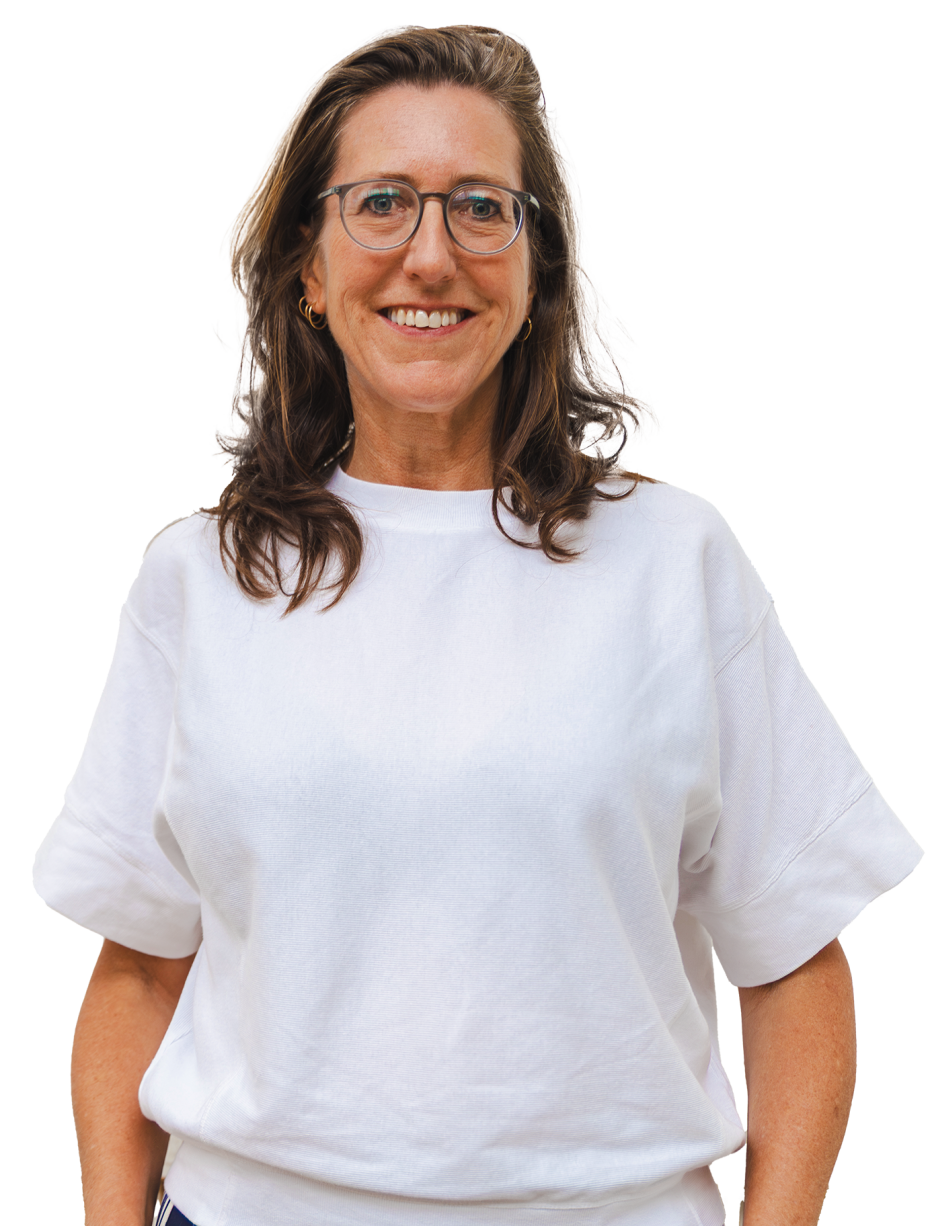
Photo: KNRM
“If you, as a manager, are open about your own experiences, this also gives others space. And if that doesn't suit you, then at least don't judge those who do want to talk about it”
Photo: KNRM
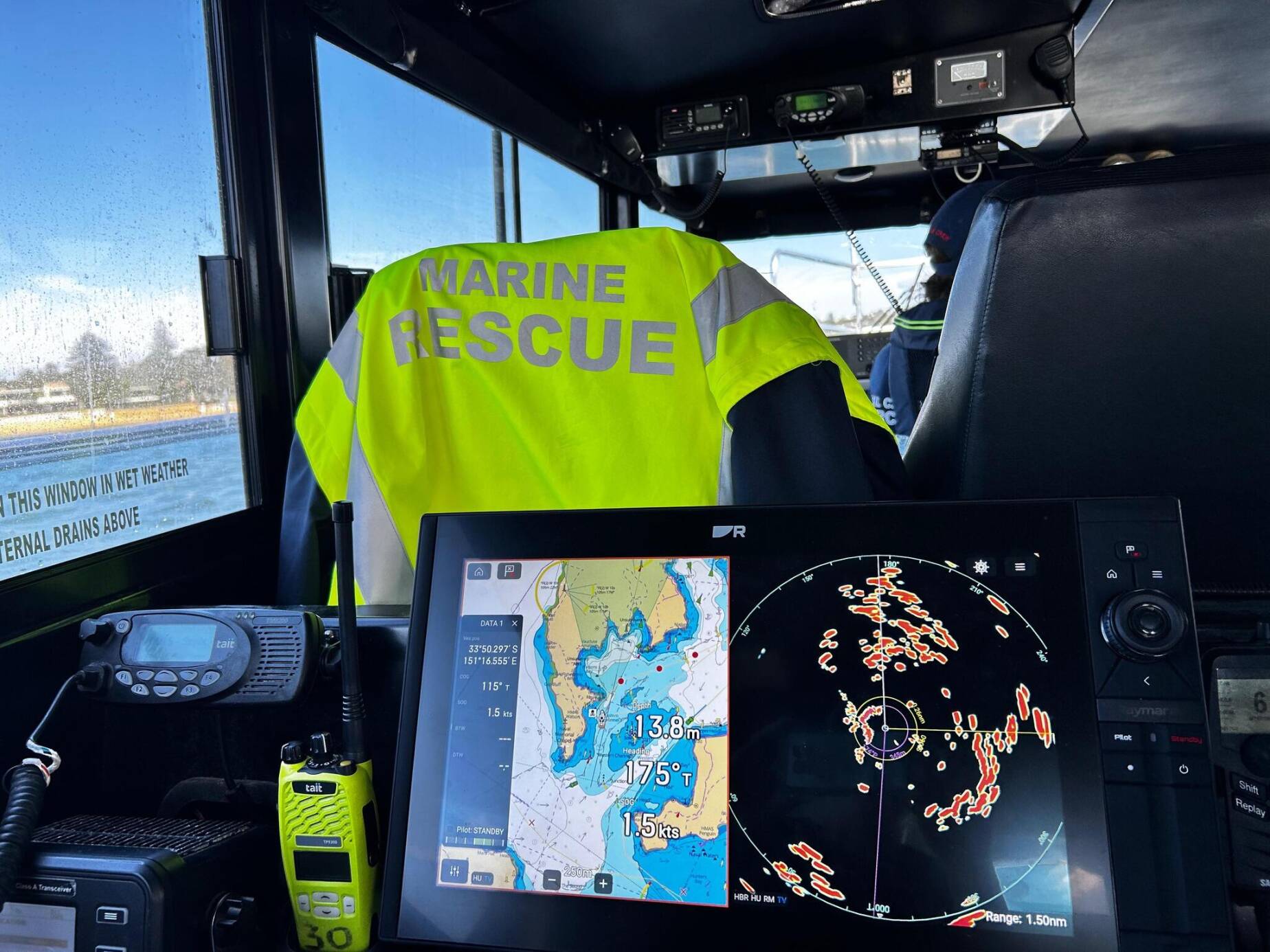
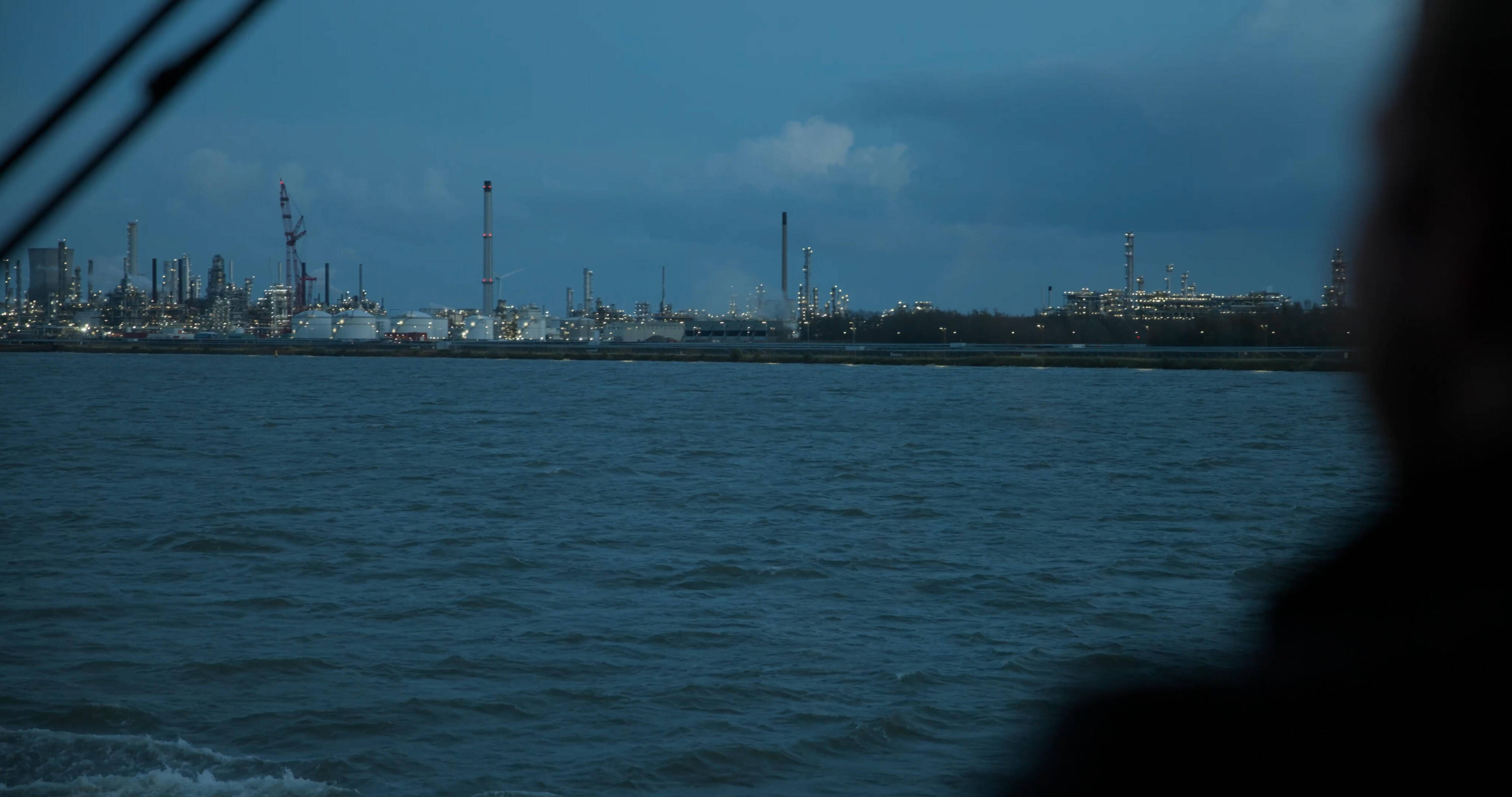
Photo: KNRM
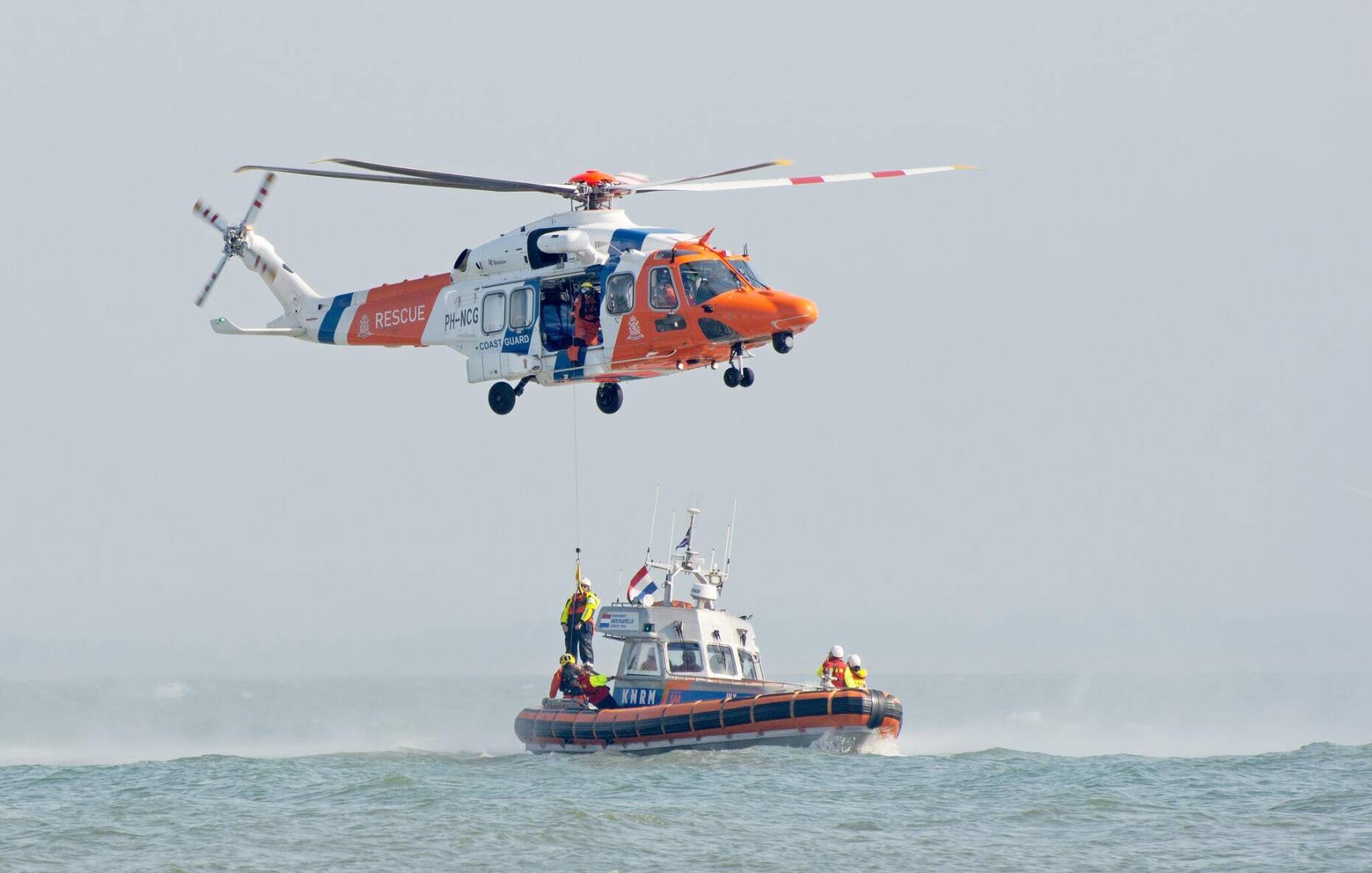
Grateful work
I have never been directly involved in an accident myself. But I am allowed to be close to people during the most difficult moments of their lives. The work is never boring, always intense, and I find it very rewarding.
Sometimes it's good to consciously choose not to play a role in something. For example, when I had just had a baby, I indicated that I was temporarily unable to provide grief counselling for the loss of a child. My employer respected that. That's also important: recognising that your own boundaries matter.
Strong together
What I would ultimately like to say to everyone at sea: you don't have to develop calluses on your soul to do this work. You are human, and as humans, you can be affected. But with support, space and a healthy culture, we also heal. It doesn't make you any less of a strong sailor – it makes you human. And that is where the real strength lies.
Culture is the foundation
The most difficult, but also the most important step, lies in culture. It starts with the conviction that it is not strange to be affected by an incident. That you are allowed to talk, that there is space for that. And that there is also respect for those who do not want to talk. Everyone processes things in their own way.
Managers play a crucial role in this. They need to be alert to when someone is not doing well and make it possible to discuss this. Not by deciding what is good for the other person, but by asking. Simply: ‘How are you?’ And by setting a good example themselves. If you, as a manager, are open about your own experiences, this also gives others space. And if that's not your style, at least don't judge those who are willing to talk about it.
I notice that the culture in many sectors is slowly changing. In the past, openness was considered “soft”, but now more and more organisations are seeing that it is actually a strength. But cultural change takes time.
Normal reactions to abnormal circumstances
What I often see is that people are shocked by their own reaction during an incident. You can be convinced of your stability and strength for years – ‘just send me in’ – and yet suddenly find yourself freezing, or becoming afraid, or experiencing an emotion that you don't recognise in yourself. This can sometimes feel like an attack on your self-image. ‘Am I not strong enough after all?’
My answer is always: these are normal reactions to abnormal events. When you experience something that is completely out of step with normal life, it is logical that your body and mind will react differently. We are all naturally equipped with basic responses, such as fighting, fleeing or freezing. And even afterwards, your body can remain in alarm mode for a while: hyper-alert, images that keep coming back, avoiding thoughts or talking about the event. It is important to know that this is much more common than you think and that it usually subsides on its own, especially with sufficient support.
Reconstruction and active roles
An important part of our work is reconstruction after a serious incident. This could be an accident on the mudflats, a school trip that ended tragically, or the aftermath of the disaster involving surfers in the sea foam. During this reconstruction, all the professionals involved, such as the coastguard, rescuers and ambulance personnel, come together. We go through the incident chronologically so that everyone knows the whole story. Having the complete story often brings clarity and peace of mind to the emergency responders. So it's not only useful for the facts, but also very valuable.
What I often emphasise is that being active helps. If you have a task during an incident – such as comforting family members or passing on instructions – then you have something to do. That doesn't necessarily make the images of the incident any less intense, but it does make them easier to deal with. Watching helplessly without a role to play can be much harder. Therefore, consciously assign people a task so that they do not have to watch the entire incident, but can contribute something.
“Many people think they need to see a specialist right away, but often support from your own circle is the best first step”
In many sectors, and certainly at sea, there has traditionally been a culture of “developing a thick skin”. What you experience is simply part of the job. You grit your teeth and carry on. I understand that attitude – it's tough, it's practical, it suits the work. But it can also mean that there is no room to show that something is affecting you. Yet that is precisely what is important for your mental health and for the support you can offer each other.
At ARQ IVP, we have been supporting organisations such as the KNRM for almost forty years. We provide advice, we train people in peer support and we are there when mental overload occurs. This is not just about the psychologist or the professional. Your first circle is always your environment: family, friends, colleagues. Many people think they need to see a specialist right away, but often support from your immediate circle is the best first step. They know the context in which something happened and they know you. At sea, that circle consists of your colleagues on board. Just knowing that you have somewhere to turn to makes all the difference.
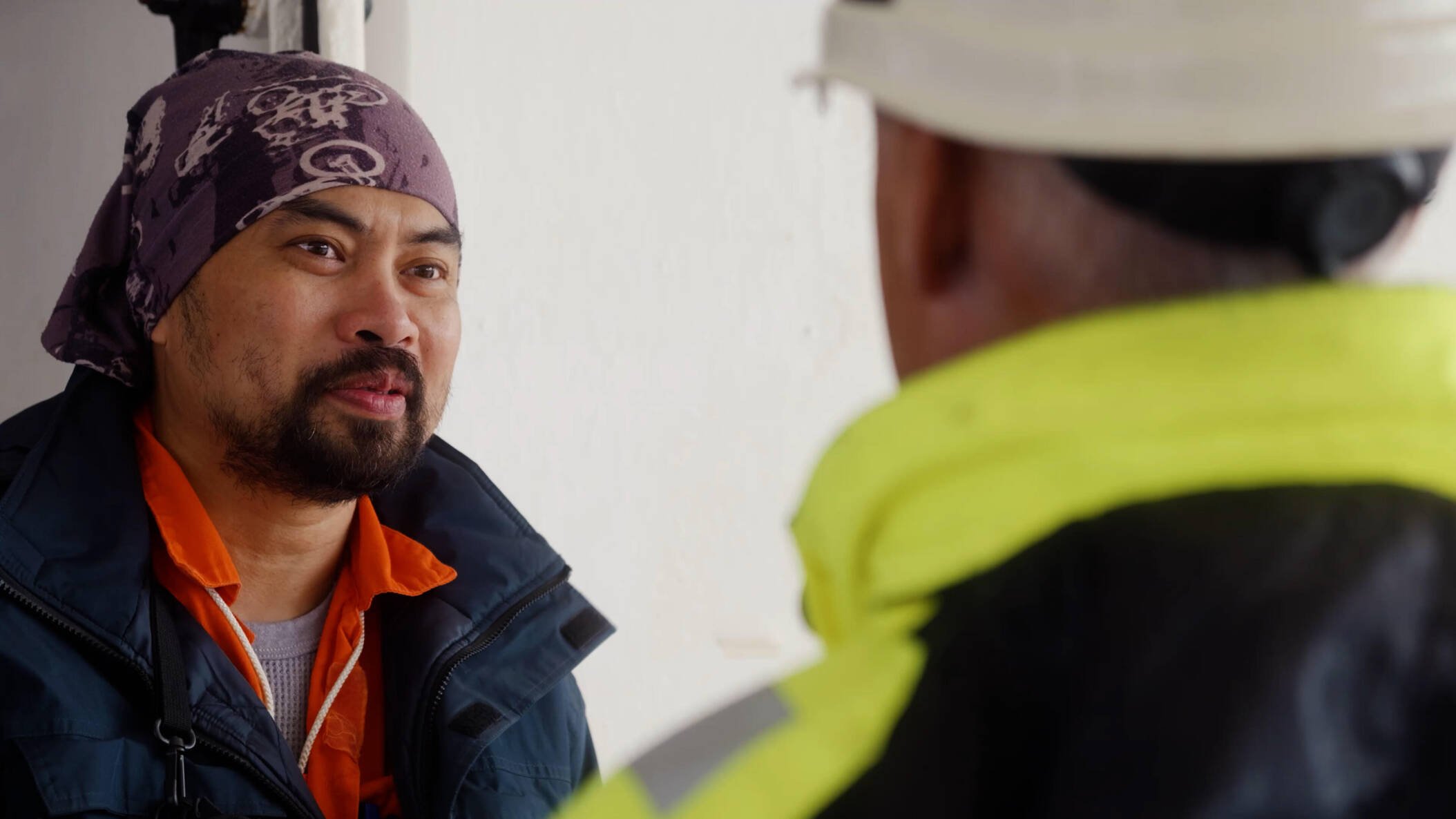
at Sea!
Join Work Safely at Sea and help us spread the important message about safety further. We are looking for companies, ships, and workers to share their experiences. Your story can inspire others and make them aware of the crucial role safety plays in our work. Whether you have a success story or a lesson learned from a near miss, your contribution can make a difference. Fill in the form and join our mission to make the sea a safer place to work for everyone

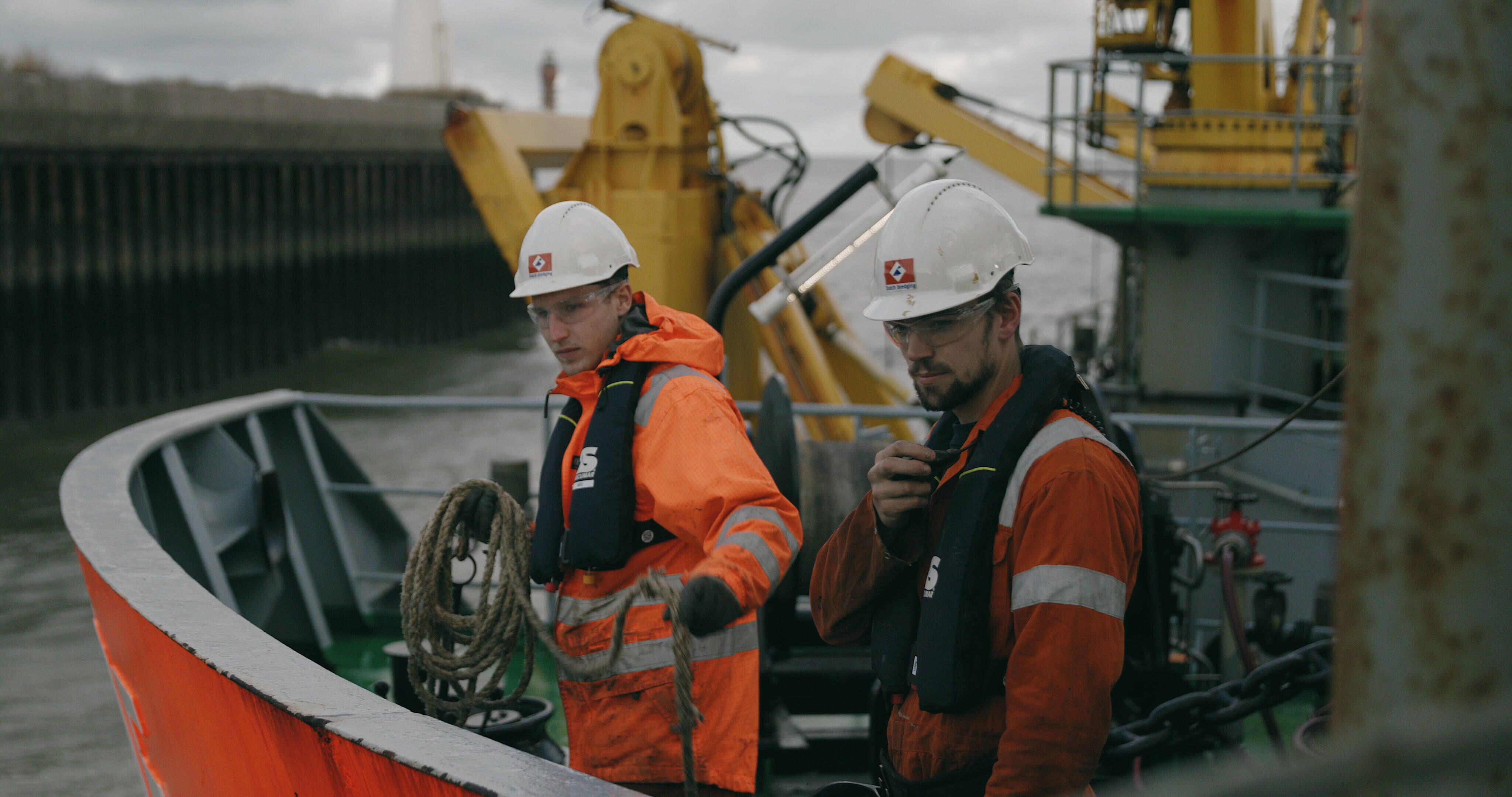
Photo: KNRM
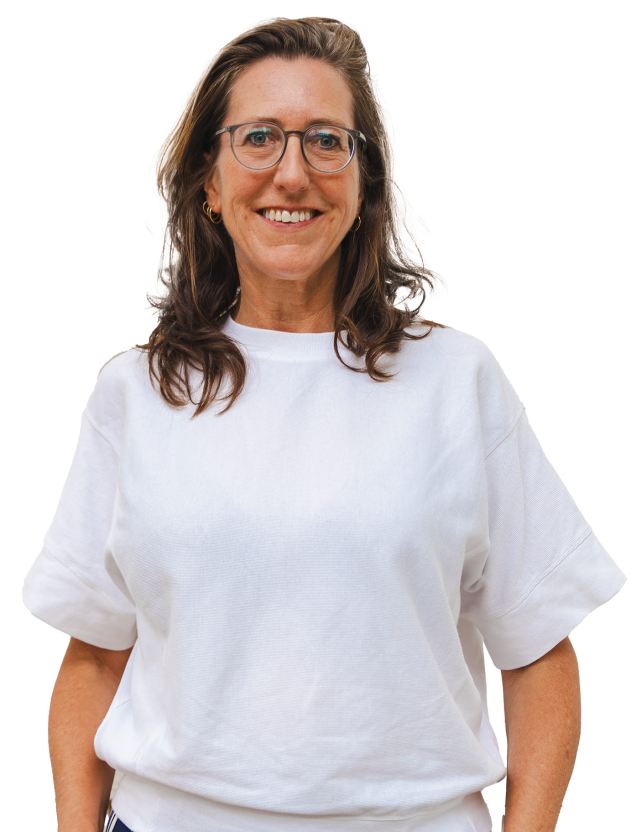
Photo: KNRM
Photo: KNRM
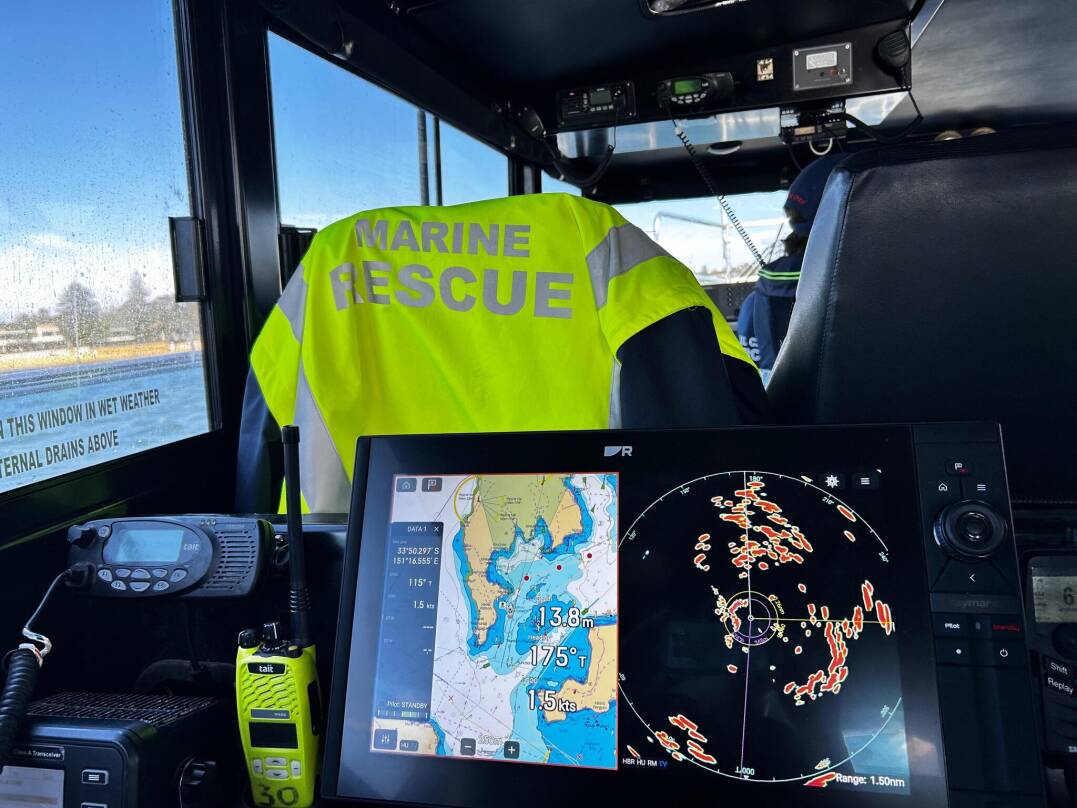

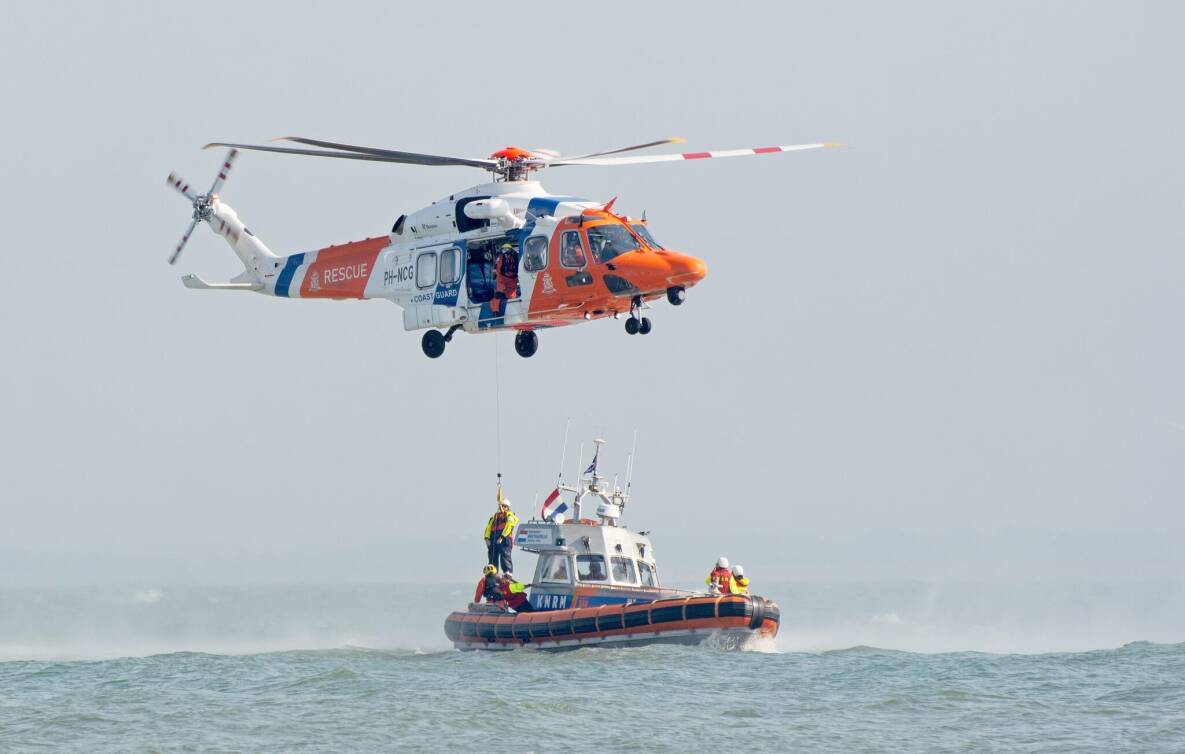
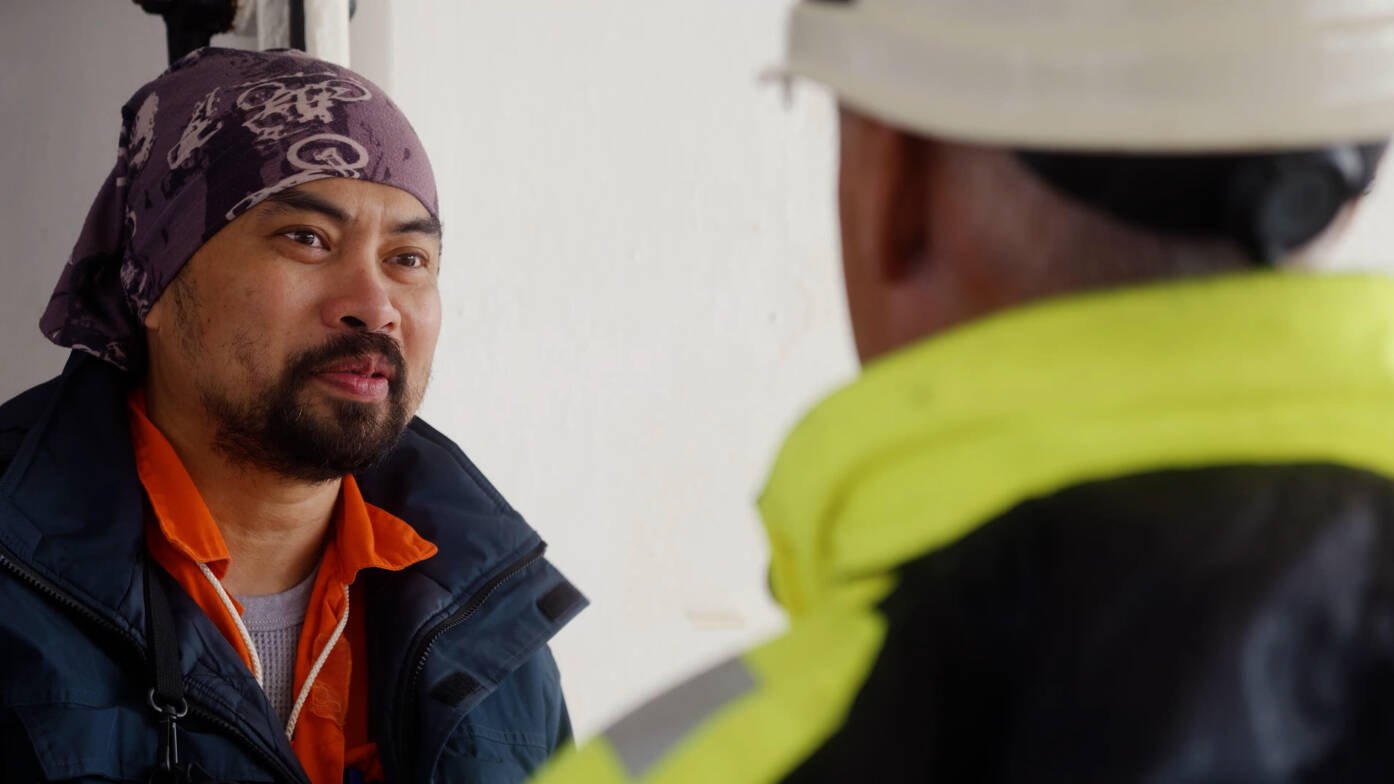
“If you, as a manager, are open about your own experiences, this also gives others space. And if that doesn't suit you, then at least don't judge those who do want to talk about it”
“Many people think they need to see a specialist right away, but often support from your own circle is the best first step”
Grateful work
I have never been directly involved in an accident myself. But I am allowed to be close to people during the most difficult moments of their lives. The work is never boring, always intense, and I find it very rewarding.
Sometimes it's good to consciously choose not to play a role in something. For example, when I had just had a baby, I indicated that I was temporarily unable to provide grief counselling for the loss of a child. My employer respected that. That's also important: recognising that your own boundaries matter.
Strong together
What I would ultimately like to say to everyone at sea: you don't have to develop calluses on your soul to do this work. You are human, and as humans, you can be affected. But with support, space and a healthy culture, we also heal. It doesn't make you any less of a strong sailor – it makes you human. And that is where the real strength lies.
Culture is the foundation
The most difficult, but also the most important step, lies in culture. It starts with the conviction that it is not strange to be affected by an incident. That you are allowed to talk, that there is space for that. And that there is also respect for those who do not want to talk. Everyone processes things in their own way.
Managers play a crucial role in this. They need to be alert to when someone is not doing well and make it possible to discuss this. Not by deciding what is good for the other person, but by asking. Simply: ‘How are you?’ And by setting a good example themselves. If you, as a manager, are open about your own experiences, this also gives others space. And if that's not your style, at least don't judge those who are willing to talk about it.
I notice that the culture in many sectors is slowly changing. In the past, openness was considered “soft”, but now more and more organisations are seeing that it is actually a strength. But cultural change takes time.
Normal reactions to abnormal circumstances
What I often see is that people are shocked by their own reaction during an incident. You can be convinced of your stability and strength for years – ‘just send me in’ – and yet suddenly find yourself freezing, or becoming afraid, or experiencing an emotion that you don't recognise in yourself. This can sometimes feel like an attack on your self-image. ‘Am I not strong enough after all?’
My answer is always: these are normal reactions to abnormal events. When you experience something that is completely out of step with normal life, it is logical that your body and mind will react differently. We are all naturally equipped with basic responses, such as fighting, fleeing or freezing. And even afterwards, your body can remain in alarm mode for a while: hyper-alert, images that keep coming back, avoiding thoughts or talking about the event. It is important to know that this is much more common than you think and that it usually subsides on its own, especially with sufficient support.
Reconstruction and active roles
An important part of our work is reconstruction after a serious incident. This could be an accident on the mudflats, a school trip that ended tragically, or the aftermath of the disaster involving surfers in the sea foam. During this reconstruction, all the professionals involved, such as the coastguard, rescuers and ambulance personnel, come together. We go through the incident chronologically so that everyone knows the whole story. Having the complete story often brings clarity and peace of mind to the emergency responders. So it's not only useful for the facts, but also very valuable.
What I often emphasise is that being active helps. If you have a task during an incident – such as comforting family members or passing on instructions – then you have something to do. That doesn't necessarily make the images of the incident any less intense, but it does make them easier to deal with. Watching helplessly without a role to play can be much harder. Therefore, consciously assign people a task so that they do not have to watch the entire incident, but can contribute something.
In many sectors, and certainly at sea, there has traditionally been a culture of “developing a thick skin”. What you experience is simply part of the job. You grit your teeth and carry on. I understand that attitude – it's tough, it's practical, it suits the work. But it can also mean that there is no room to show that something is affecting you. Yet that is precisely what is important for your mental health and for the support you can offer each other.
At ARQ IVP, we have been supporting organisations such as the KNRM for almost forty years. We provide advice, we train people in peer support and we are there when mental overload occurs. This is not just about the psychologist or the professional. Your first circle is always your environment: family, friends, colleagues. Many people think they need to see a specialist right away, but often support from your immediate circle is the best first step. They know the context in which something happened and they know you. At sea, that circle consists of your colleagues on board. Just knowing that you have somewhere to turn to makes all the difference.
Foto: KVNR

Join Work Safely at Sea and help us spread the important message about safety further. We are looking for companies, ships, and workers to share their experiences. Your story can inspire others and make them aware of the crucial role safety plays in our work. Whether you have a success story or a lesson learned from a near miss, your contribution can make a difference. Fill in the form and join our mission to make the sea a safer place to work for everyone
at Sea!
